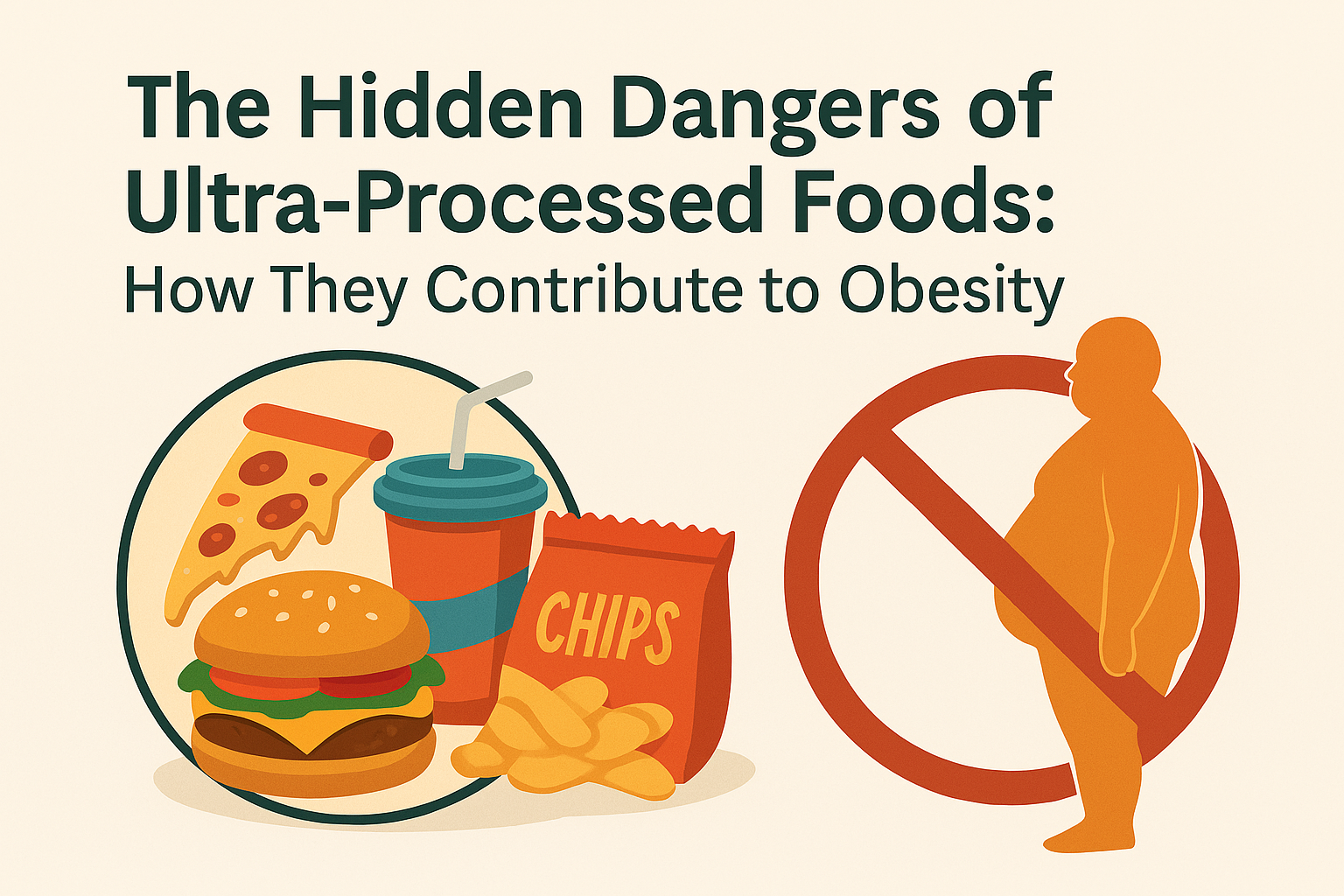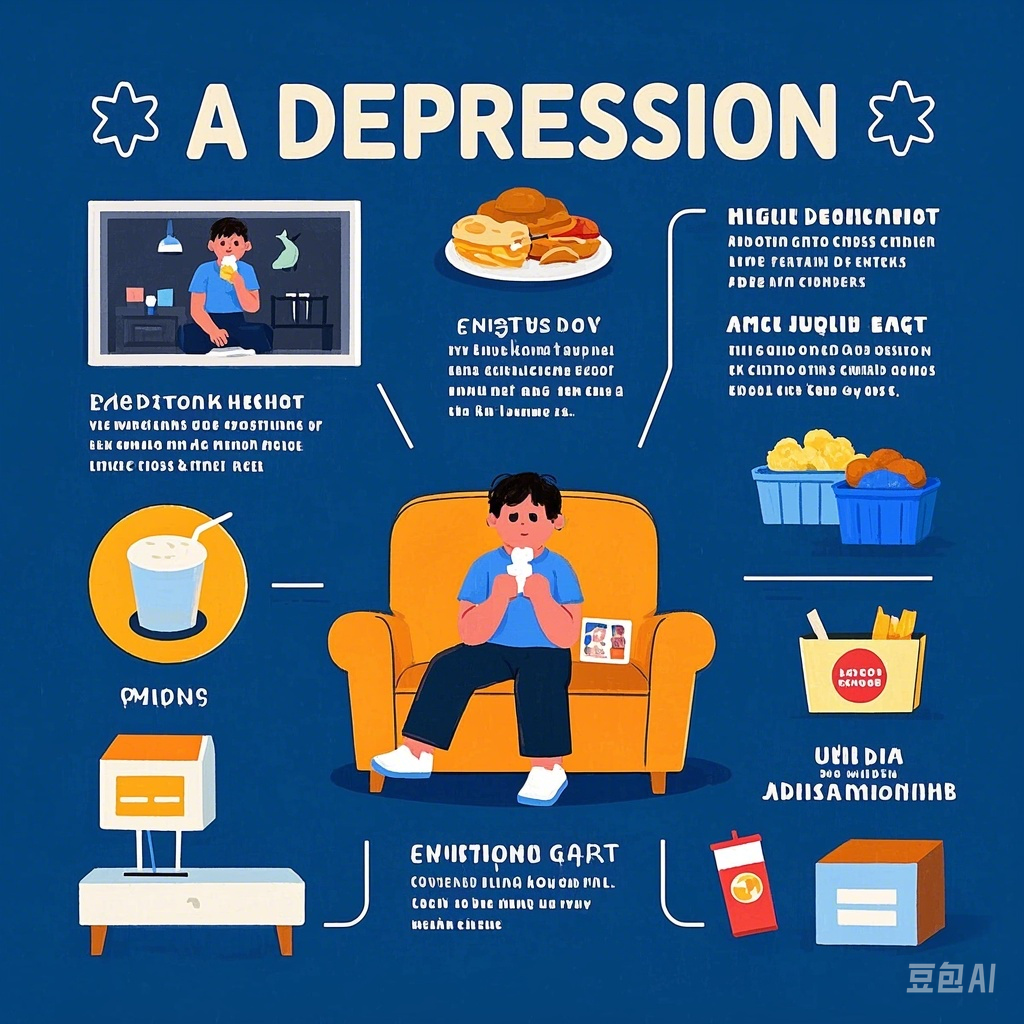🕒 Intermittent Fasting: A Weight Loss Trend Worth the Hype?
Confused by all the diet fads out there? You’re not alone. Intermittent fasting (IF) has been making headlines—but does it actually work? Let’s break it down.
🍽️ What Exactly Is Intermittent Fasting?
Intermittent fasting isn’t a traditional “diet” in the sense of counting carbs or cutting out entire food groups. Instead, it’s an eating pattern that alternates between periods of eating and fasting. The fasting windows range from hours to full days, and the idea is to give your body a break from constant digestion.
This practice has ancient roots, too. Philosophers like Socrates and Plato, as well as religious traditions across the globe, have long used fasting as a means to heal the body or cleanse the mind.

Unlike extended low-calorie diets that may slow down your metabolism over time, IF tries to avoid that by cycling between low-calorie intake and normal eating. But is this approach truly more effective than other methods?
🕰️ Popular Intermittent Fasting Methods
There are a few main styles, each with its own rhythm:
- Alternate-Day Fasting: You eat normally one day, then consume about 25% of your usual calories the next. Example: Eat normally on Tuesday, then fast (or eat lightly) on Wednesday.
- 5:2 Method: Five days a week, you eat as usual. On two non-consecutive days, your intake drops to around 400–500 calories.
- Time-Restricted Eating: You only eat during a specific window each day—say, between 8 a.m. and 3 p.m.—and fast the rest of the time.
Each method has its fans, but the science behind them is still evolving.
🔬 What Does the Research Say?
Studies in animals suggest that calorie restriction can boost lifespan and improve resilience to metabolic stress. In humans, though, things are less clear.
Some small studies report that IF may improve health markers like blood sugar, cholesterol, blood pressure, and even reduce fat mass. Interestingly, concerns that people might overeat during non-fasting periods haven’t really held up—participants don’t seem to “binge” as much as feared.
A large review of 40 studies found an average weight loss of 7–11 pounds over 10 weeks with IF. However, dropout rates varied a lot—up to 65% in some cases—and when IF was compared directly to continuous calorie restriction, weight loss results were pretty much the same.
In a year-long randomized study with 100 obese adults, IF didn’t lead to more weight loss or health improvements compared to daily calorie reduction. In fact, LDL cholesterol (the “bad” kind) actually rose in the fasting group, and more participants dropped out of the IF program.
Even time-restricted eating (like the popular 16:8 method) didn’t outperform simple calorie cutting. After a year, both groups in one study lost weight, improved cholesterol, and lowered blood pressure—but not significantly more with IF.
🚧 Who Should Avoid IF?
While some people may thrive on IF, others should be cautious—or skip it entirely. This includes:
- Individuals with diabetes
- People with a history of eating disorders
- Those taking medications that must be taken with food
- Pregnant or breastfeeding women
- Adolescents or those still growing
Also, if you’re someone who snacks frequently or experiences drops in blood sugar, fasting might leave you feeling lightheaded, irritable, or overly focused on food.
🤔 Still Unanswered…
Even though interest in intermittent fasting is booming, several important questions remain:
- What’s the ideal fasting length and frequency for health benefits?
- How safe is IF for people with chronic diseases or older adults?
- Are there long-term risks?
- Could it negatively affect family eating habits, especially in children who observe it?
💡 Final Thoughts
Intermittent fasting offers an alternative way to approach eating, and for some people—especially those who tend to snack late at night or skip breakfast anyway—it might be a comfortable fit. However, the current research doesn’t show that IF is superior to other weight loss strategies when it comes to results or long-term adherence.
Until more long-term, high-quality studies are done, IF remains a potentially helpful—but not magic—tool in the broader toolkit of weight management.
Bottom line: Intermittent fasting might help you lose weight—but it’s not a silver bullet. As with any diet, the best one is the one you can stick with safely and sustainably.













